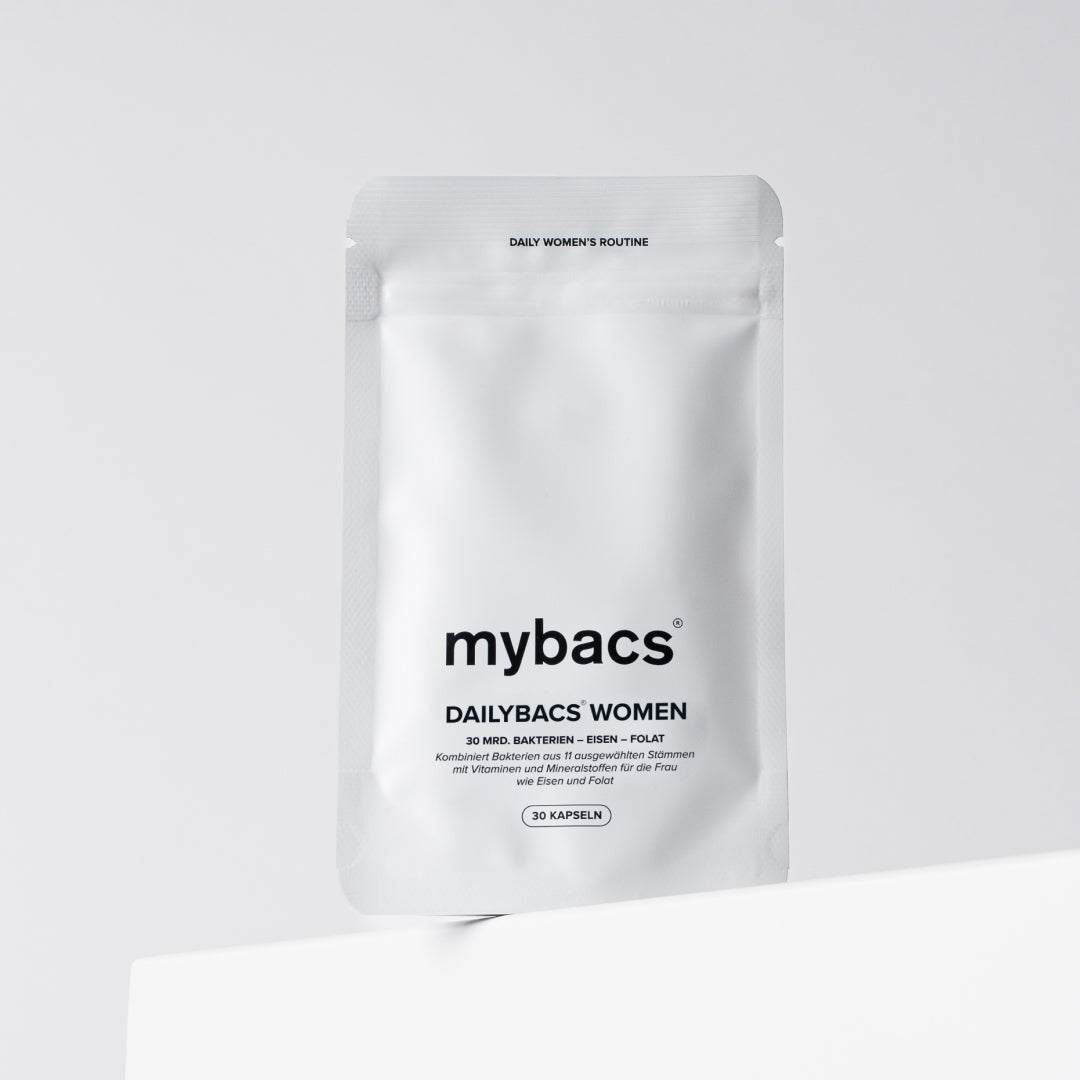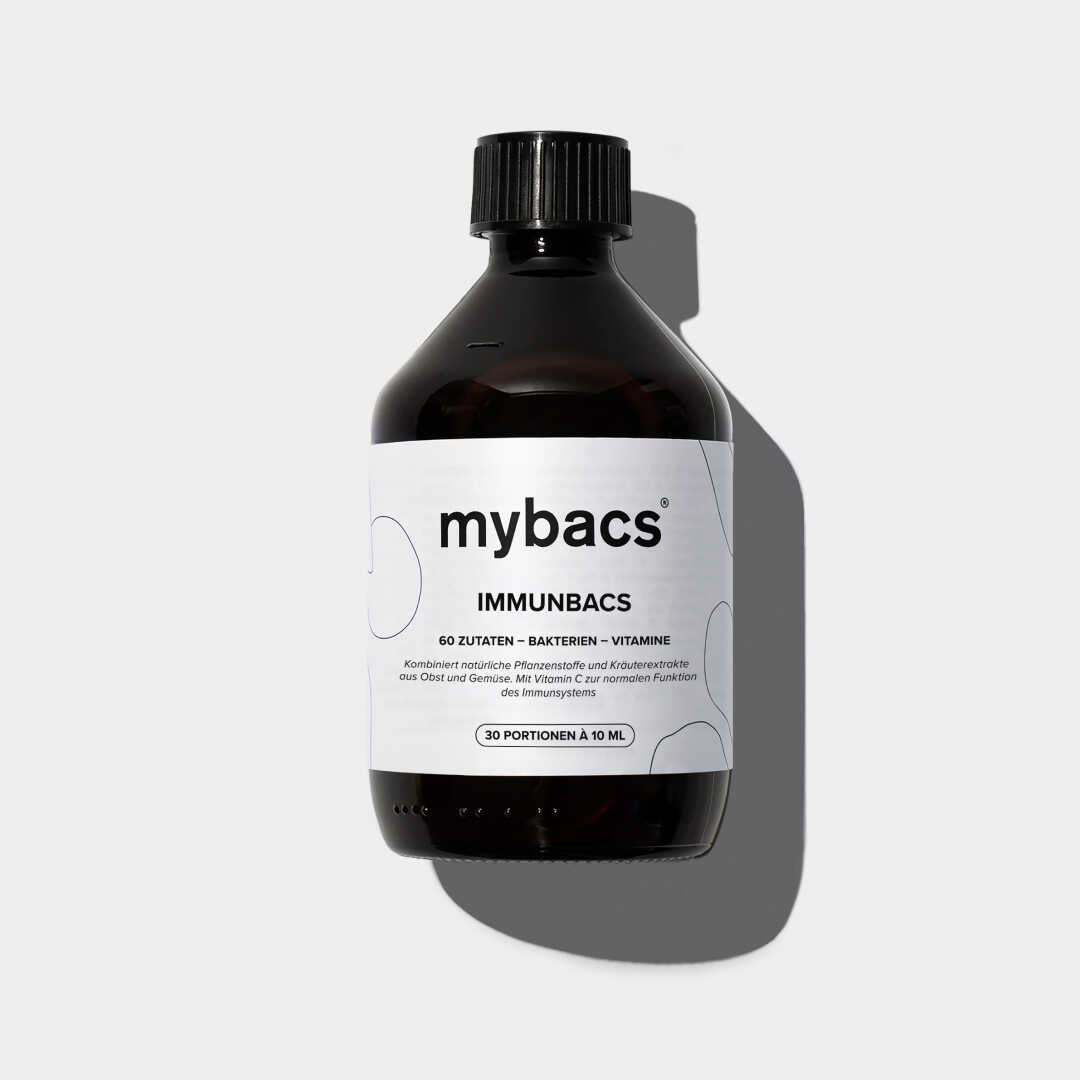Fats have a bad reputation—but they absolutely belong in our diet. Learn here which fats are good and which are bad for your body, and why. Fats play an important role in our bodies. They are vital for our brain, our nerves, every single cell, and therefore for our overall health.
What are fats anyway?
Fats are also known as lipids and are primarily used in our everyday language in the field of nutrition. The "components" of fats are fatty acids, just as simple sugars are in carbohydrates and amino acids are in proteins. In fact, there are different types of fats: fatty acids, fats and fatty oils, waxes, and a few others (phospholipids, sphingolipids, and isoprenoids). However, today we will focus primarily on the first two groups.
So, back to nutrition! Fat acts as an ideal carrier of flavor and aroma, which is why butter and oil are so often used in cooking. In reality, however, fat is primarily used for energy production. With 9 kilocalories per gram, fat contains twice as many kilocalories as proteins and carbohydrates. These have a calorific value of around 4 kilocalories per gram.
What function do fats have in the body?
Fats have several functions, the most important of which is that once bound in the body, they act as a long-term energy store. Fat can therefore be a real energy booster for you – but, and this is very important – only in moderation! Too much fat overtaxes your body and can harm it (more on this below). The recommended amount of fat an adult should consume per day is approximately 30% of their daily energy needs. As a general rule of thumb, you should not eat more than 60 to 80 grams of fat per day, regardless of your weight.
Other functions of bound fat include thermal insulation and mechanical protection. Fat also helps metabolize other important nutrients. The fat-soluble vitamins A, D, E, and K, for example, can only be absorbed through fat and require essential fatty acids for this process. For example, it's recommended to garnish raw carrots in a salad with oil to ensure your body can absorb the vitamins.
What is the difference between saturated and unsaturated fatty acids?
You've probably heard the terms saturated and unsaturated fatty acids before. But do you know the difference and what they mean for your body? Fatty acids generally consist of up to 26 carbon atoms in a chain formation. If these atoms are partially or completely double-bonded, the fatty acid is unsaturated. If there are no double bonds between the carbon atoms, the fatty acid is saturated.
Saturated fatty acids ...are considered the "bad" fats because excessive consumption of them is known to raise cholesterol levels. This, in turn, can increase the risk of cardiovascular disease or diabetes.
However, they also have important functions, for example, they act as messengers for our nervous system. Therefore, please don't completely eliminate saturated fatty acids from your diet, but enjoy them in moderation.
Unsaturated fatty acids ...have a reputation as the "good" fats. These are further divided into monounsaturated (omega-9) and polyunsaturated (omega-3 and omega-6) fatty acids. Monounsaturated fatty acids are very important for vitamin absorption in the body and can lower cholesterol levels.Your body can't produce these fats itself, but it desperately needs them. Therefore, you must obtain them externally in the form of food. They are considered essential foods.
Which fatty acids have which properties and where are they found?
| Type of fat | Effect | Included in |
| Omega-3 fatty acids | They ensure our cells remain stable, support our memory, strengthen our immune system, and help reduce inflammation in our body because they can produce anti-inflammatory fatty hormones. Rheumatism patients, in particular, should therefore make sure to consume long-chain omega-3 fatty acids! They also have the ability to dilate blood vessels, thus reducing the risk of thrombosis. | Mainly in fatty fish such as salmon or mackerel and vegetable oils: olive, rapeseed, linseed and algae. |
| Omega-6 fatty acids | They are used for growth and repair processes, help in the formation of tissue hormones and promote (good) inflammation as a kind of protective mechanism of the immune system, for example in infections. | In animal fats from meat and dairy products and sunflower and corn oil. |
| Omega-9 fatty acids | They are very relevant for vitamin absorption from food and can also lower cholesterol levels. | Generally found in vegetable oils from nuts and avocados, but especially in olive oil. |
IMPORTANT: Your body needs all of these fatty acids; they are essential for healthy functioning. However, it cannot produce most of them itself. Therefore, make sure you get enough of them through your diet. Unfortunately, in the Western world, excessive amounts of omega-6 are consumed through food, resulting in an average ratio of 15:1. Studies have shown that this promotes many diseases, including chronic ones. However, the two fatty acids should actually be consumed in a much lower ratio, as they have opposing effects that ideally neutralize each other (triggering and inhibiting inflammation, constricting and dilating blood vessels).
When are fats unhealthy?
Things become unhealthy when we consume too much fat. What happens then, you ask? Generally speaking, too much fat intake, regardless of the type, can lead to health problems. This includes obesity, elevated blood lipid levels, high blood pressure, or heart disease.
In conclusion, fat doesn't necessarily mean bad or unhealthy! In fact, fat in moderation is essential for a balanced diet and many metabolic processes in the body. Omega fatty acids, in particular, should be an integral part of your diet. Conversely, keep in mind that many foods contain fat. Since fat is very nutritious, with 9 calories per gram, even the "healthy" fats make their presence felt, so enjoy everything in moderation.
Sources
• https://pubmed.ncbi.nlm.nih.gov/12442909/
• https://pubmed.ncbi.nlm.nih.gov/29215589/
• https://www.gesundheitsforschung-bmbf.de/de/gutes-fett-schlechtes-fett-8035.php
• https://www.apotheken-umschau.de/gesund-bleiben/ernaehrung/was-sind-eigentlich-fette-711759.html
• https://www.aok.de/pk/magazin/ernaehrung/gesunde-ernaehrung/gute-fette-schlechte-fette/
• https://www.wolfs-apotheke.de/gesundheitsbibliothek/index/fettsaeuren/





